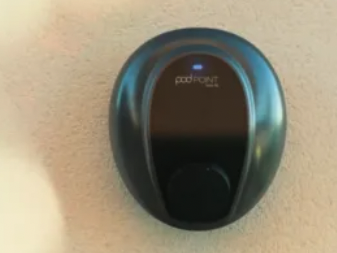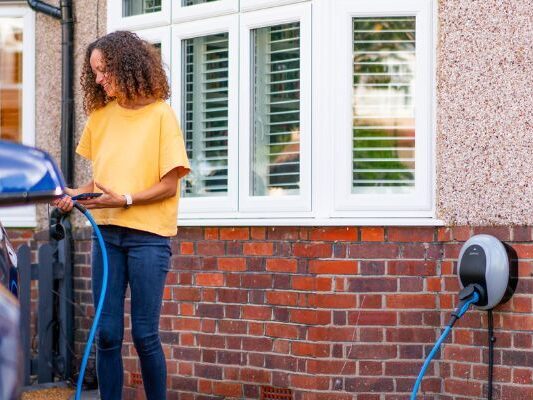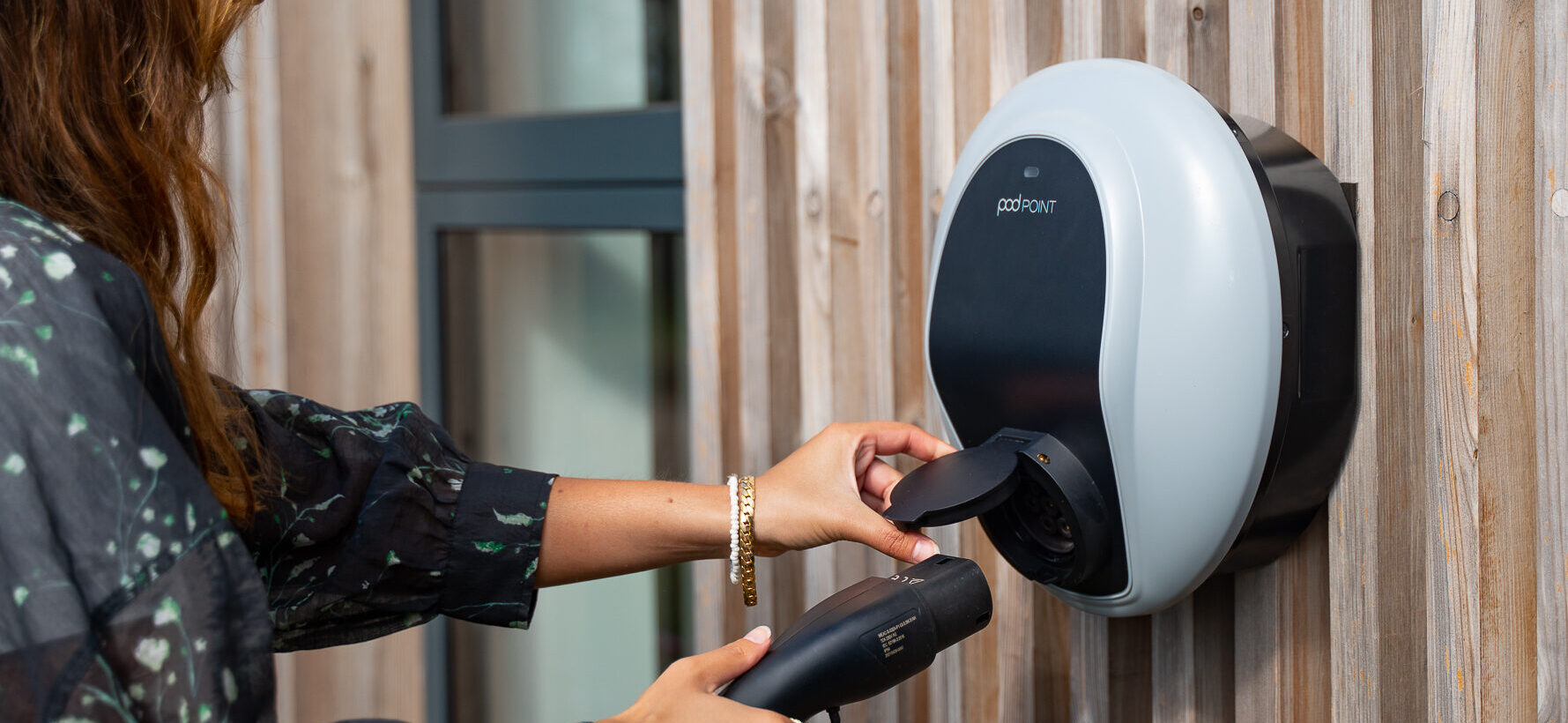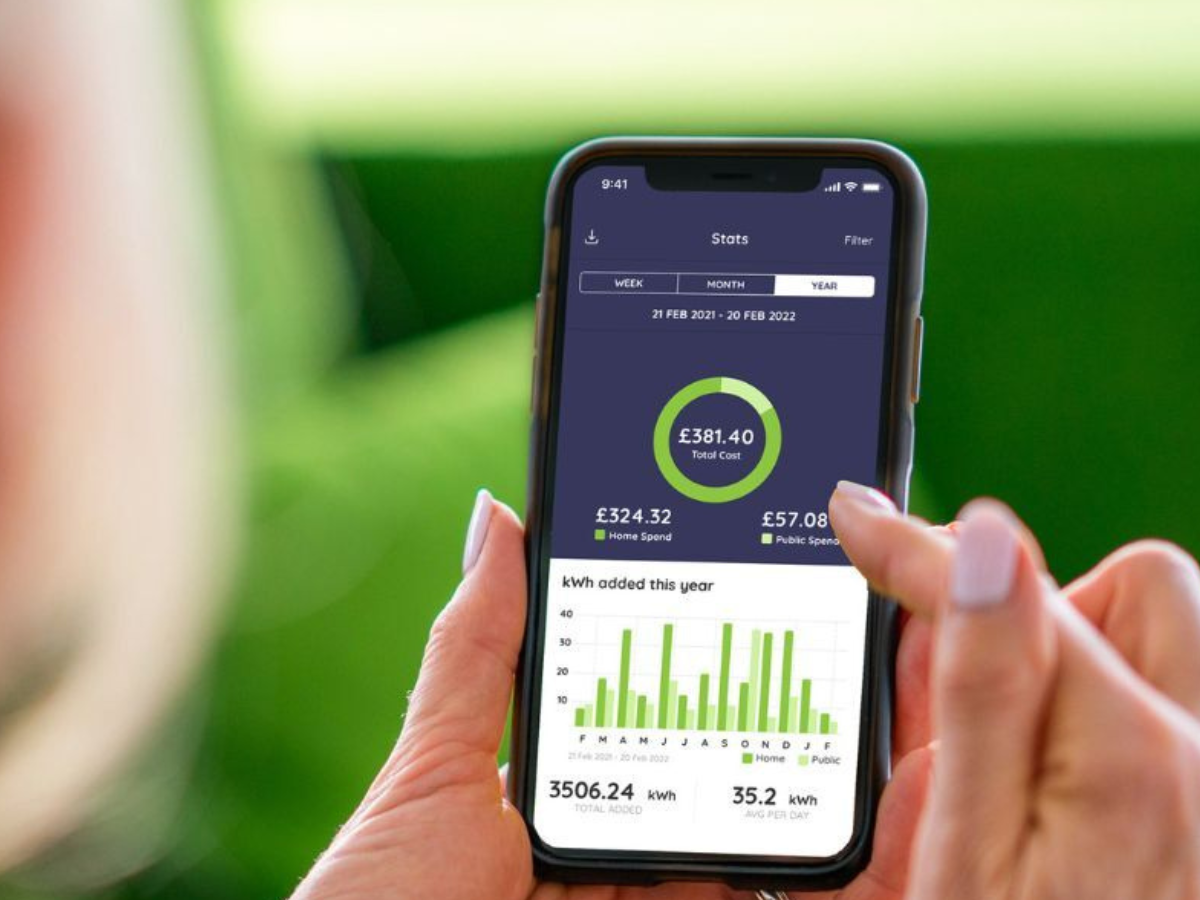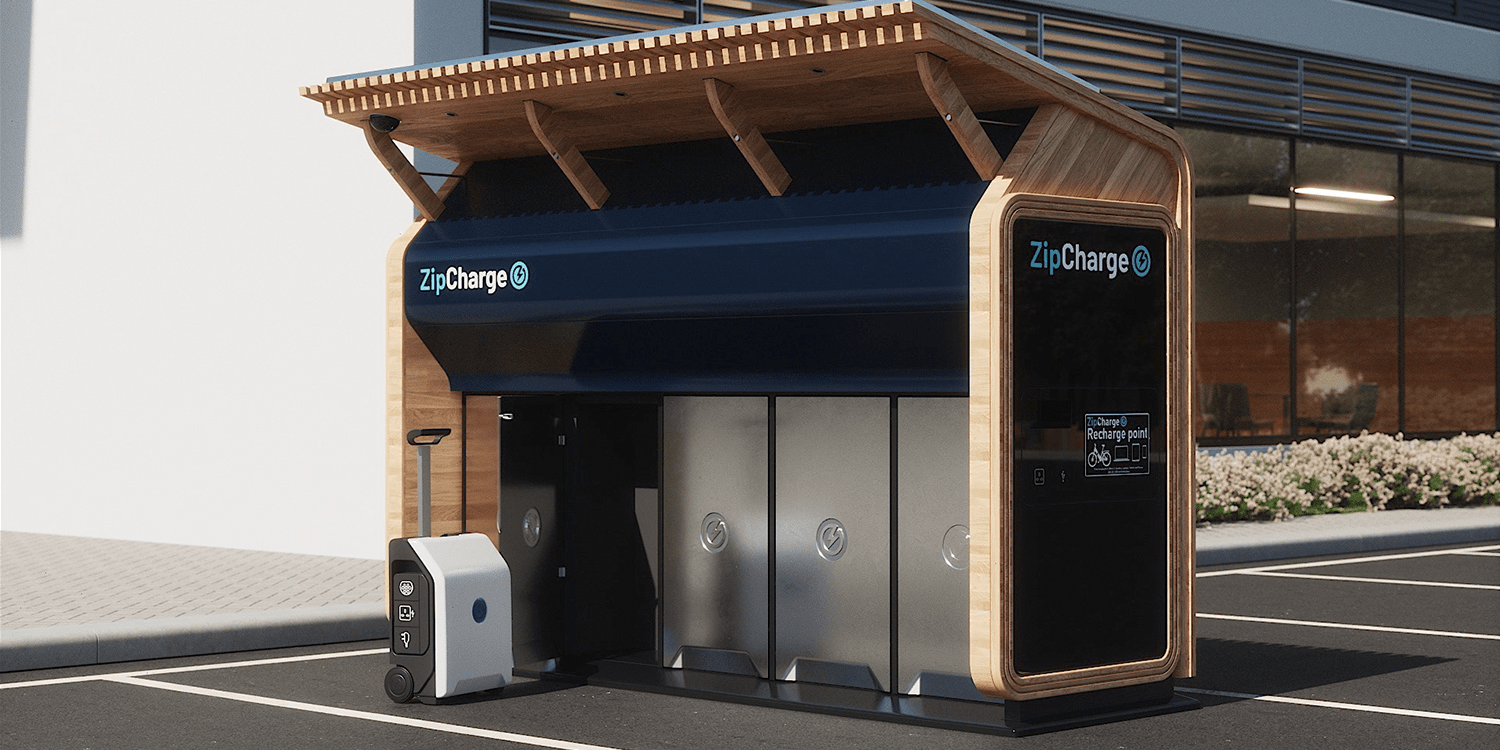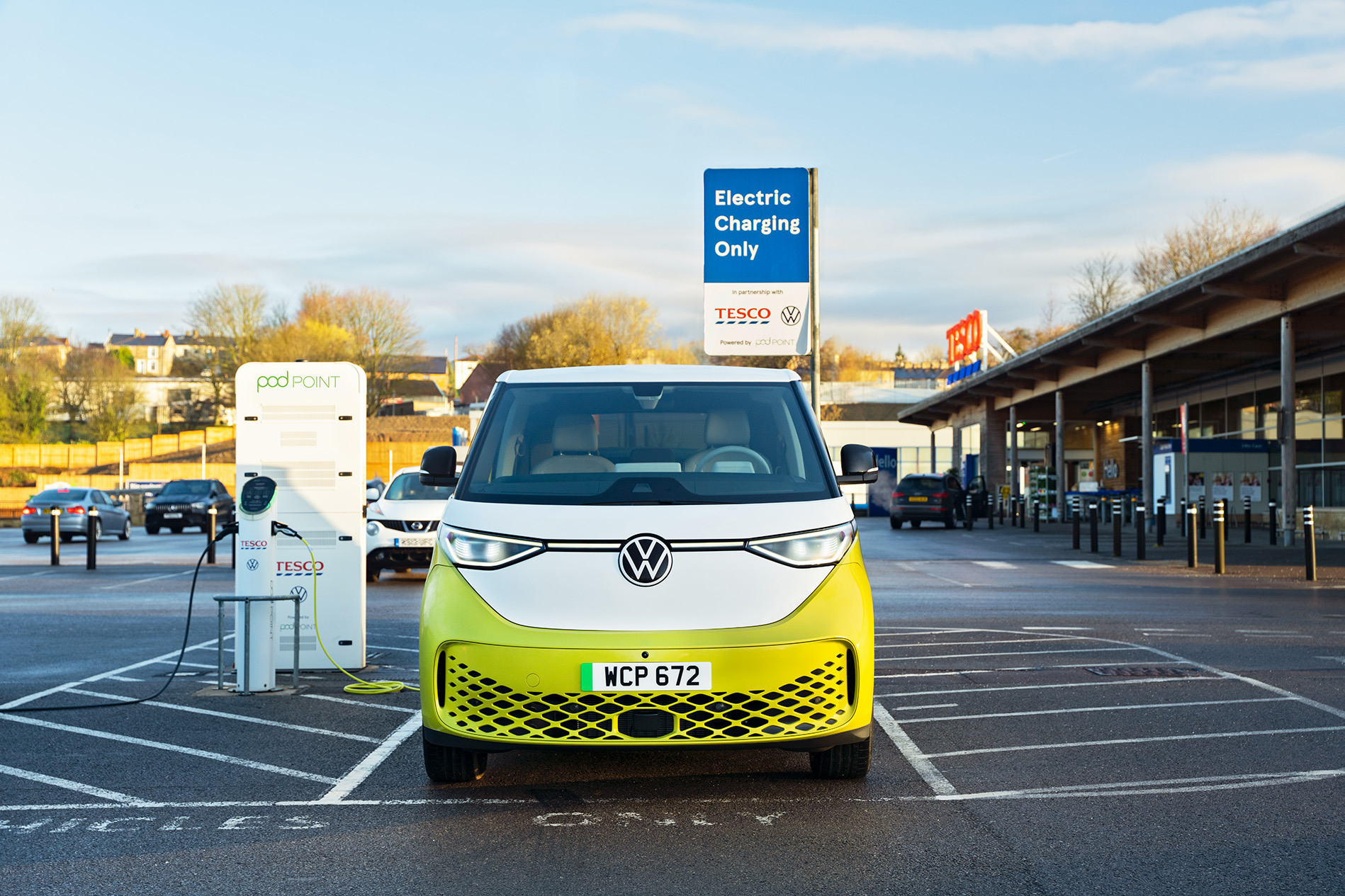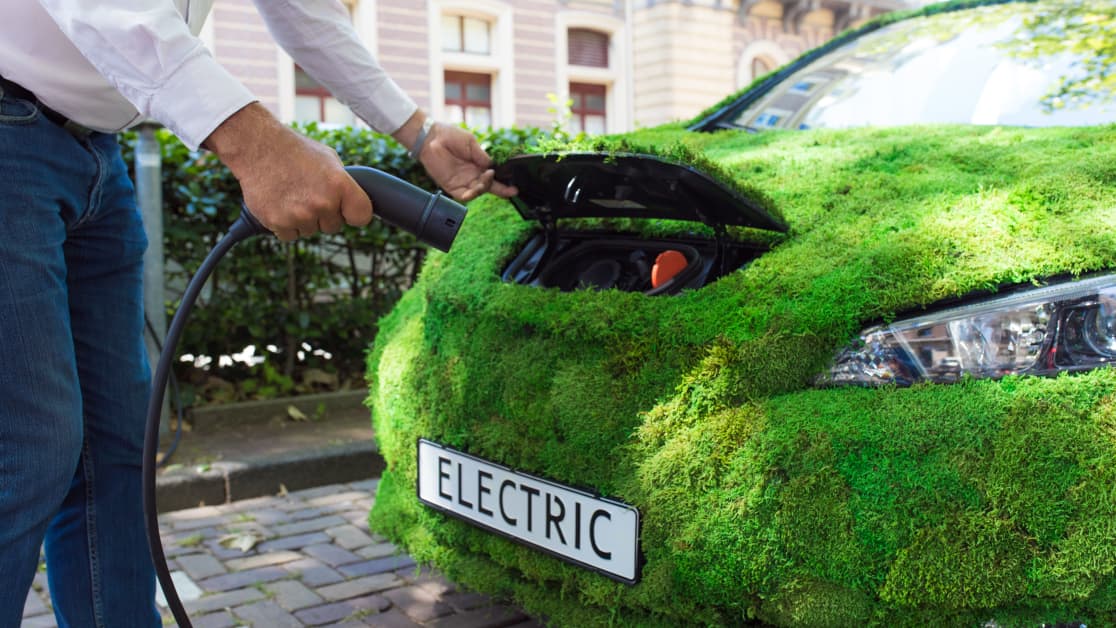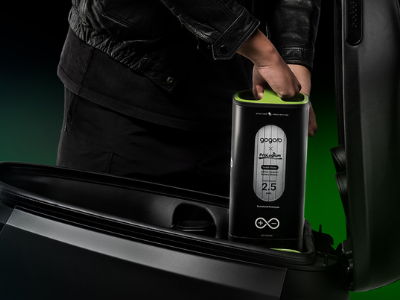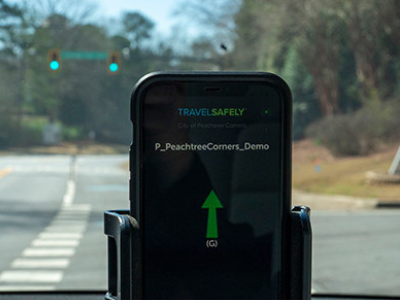New EV chargepoint regulations are coming soon. But what does this mean for home chargers?
The government has announced that the new Electric Vehicles (Smart Charge Points) Regulations 2021 will come into force on the 30th June 2022, with further security requirements following at the end of the year.
What’s All This About, Then?
Electric vehicles (EVs) are becoming increasingly popular in the UK, fuelled by a surge in demand for plug-in hybrids and especially battery electric vehicles (BEVs).
The grid will have plenty of capacity to meet the higher electricity demand, as long as we smooth charging out so that not everyone is charging at the same time, or when the supply of (cleaner/cheaper) electricity is too low. As most charging is expected to take place at homes, the government has brought in these new rules to ensure the nation’s electrical grid is managed intelligently.
Thankfully our internal data on usage patterns shows that there is a lot of flexibility in home charging, meaning it can be smoothed out without leaving drivers unexpectedly short on charge.
To make sure we comply with these new regulations, we’re releasing some new features and updates over the next month or so, which means you might notice some changes to your Pod Point homecharger and the Pod Point App.
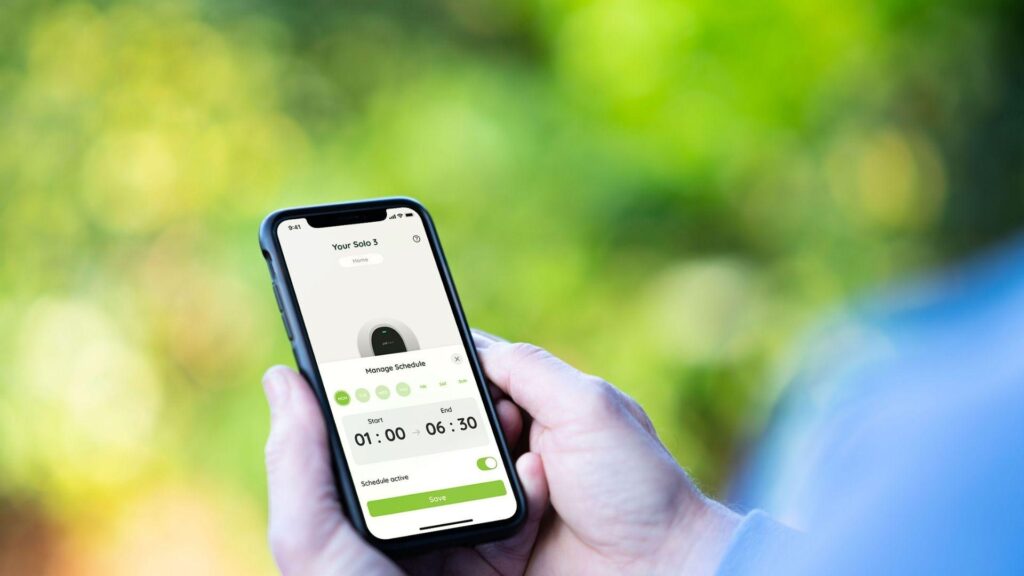
Three Updates to Expect
1. Charge Scheduling by Default
Once a home chargepoint is linked to a Pod Point App account via Wi-Fi for the first time, a default off-peak charge schedule will be set automatically.
As a result, when your EV is plugged in it will automatically charge during the following times, when there’s typically less demand on the grid:
- Monday to Friday – between 00:00 and 07:00
- Saturday and Sunday – all day
This default setting means that your vehicle won’t charge outside of these times; your Solo’s status light will be a solid yellow which indicates a charge schedule is set. However, you can set your own schedule or turn off the scheduling feature using the Pod Point App to charge outside these times.
2. Charge Duration Stats Update
With new updates to the Pod Point App, you’ll be able to see the following stats for your Solo:
- The total time power was flowing to the vehicle within a charging session (along with the amount of energy supplied, in kWh)
- All your past charges over the past 12 months. These can be viewed individually or grouped by week, month, or year
This new charge duration information will only be available for charges made from the 4th of April.
Note: Pod Point energy measurements sent over the Wi-Fi network have been tested to be accurate to within 10%. Some inaccuracy may occur from periods of network unavailability.
3. Randomised Delay to Schedule Start
Every time an EV starts to charge using a schedule, there will now be a “random delay” of up to 10 minutes* so your scheduled charge won’t start straight away.
The benefit of the randomised delay is it protects the electricity grid and local electricity substations from surges in demand. This stops every home chargepoint from activating simultaneously at the beginning of common off peak energy tariff periods or other unplanned events, such as a loss of connectivity or when power returns after an outage.
Whilst this does mean you may lose out on a few minutes of lower electricity rate, if you need to; you can override the random delay by either:
- Temporarily disabling the schedule, or
- Unplugging the EV and reconnecting it
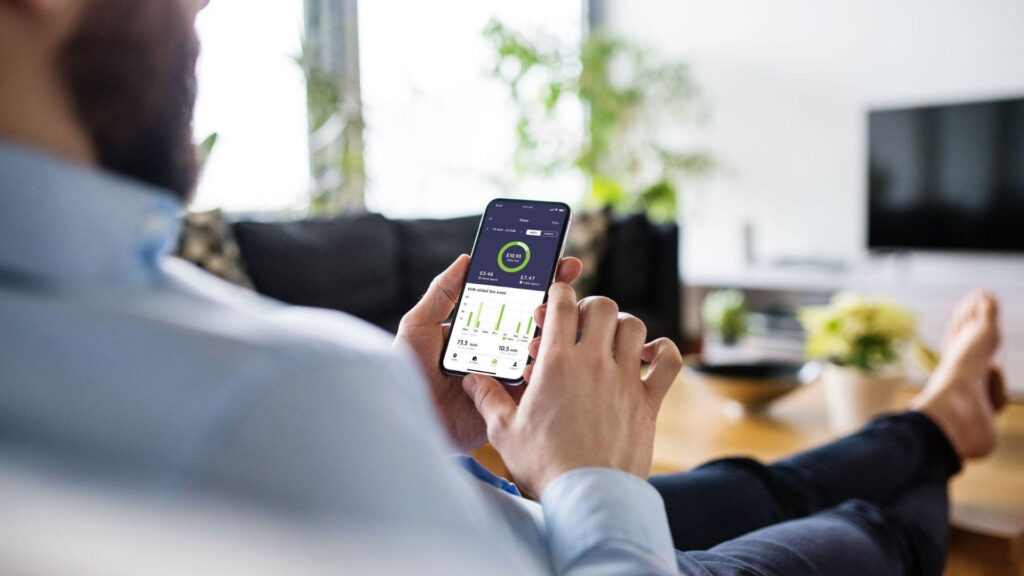
FAQs
1. Who Do the New Regulations Apply To?
These regulations apply to workplace and residential settings. Public charging and rapid chargepoints are excluded.
2. Do the New Regulations Apply to Existing Installations, and Will They Be Retrospectively Enabled?
Some of the changes will be enabled via updates to the Pod Point App; this means they will apply to all new and existing homechargers linked to an App account. These include:
- Randomised delays to scheduled starts/stops
- Improvements to the app to show how long was spent actively charging, not just the amount of time plugged in
- A quick view of charging stats over the whole year
However, this feature will (for the foreseeable future) be exclusive to newly installed chargepoints:
- Randomised delay when the chargepoint recovers from a power or connectivity failure
3. How Do I Cancel the Random Delay?
To override the random delay, you can either disable the schedule temporarily, or unplug your EV and reconnect it to the charger.
4. How Can I Tell If My Homecharger Is Compliant?
You will have received a statement of compliance with your homecharger to confirm this.
5. How Will You Prove Your Products Are Compliant?
Compliance with the legislation is mandatory for chargepoint manufacturers. We will work closely with the Office for Product Safety and Standards (OPSS) which runs and enforces the regulatory system for product safety and standards in the UK. For questions on whether specific product features are compliant with the legislation, questions can be raised with Pod Point or directly with the OPSS.
This article was originally published by Pod Point.


